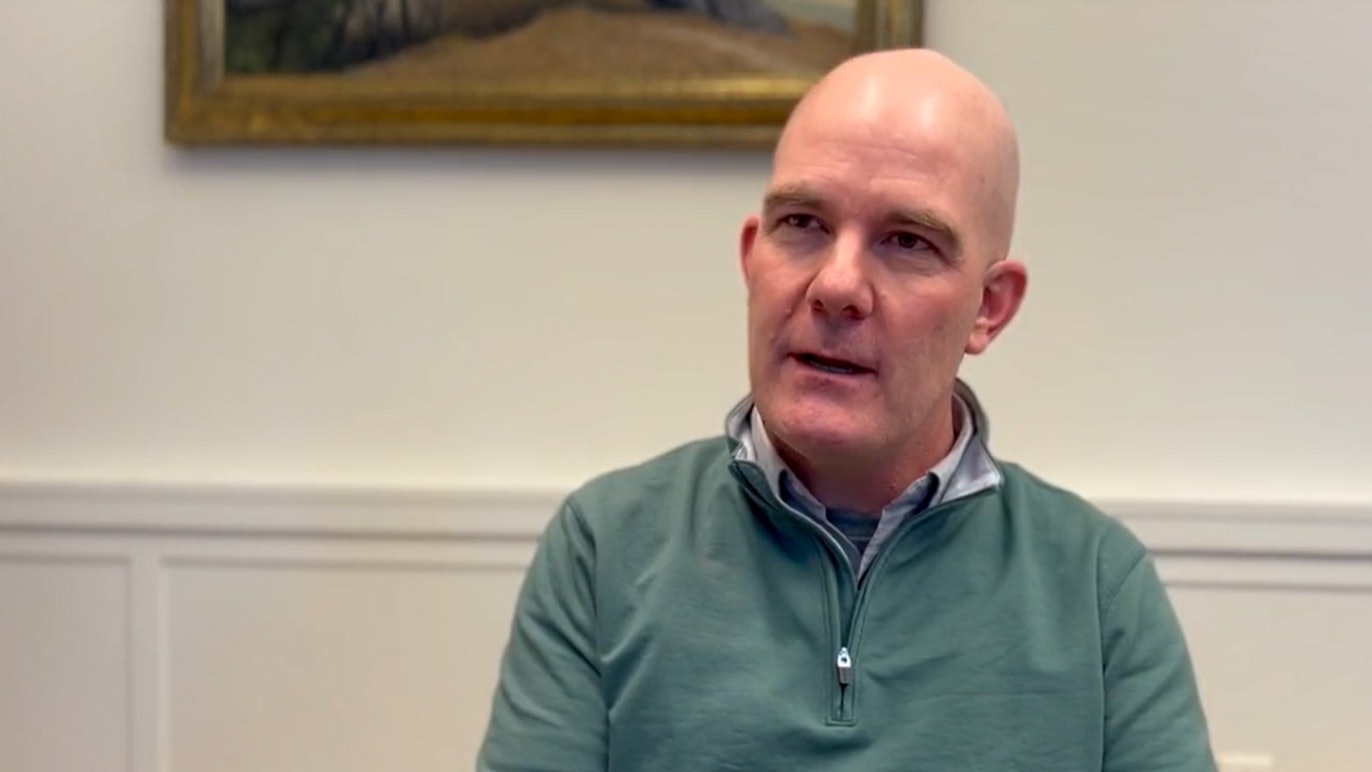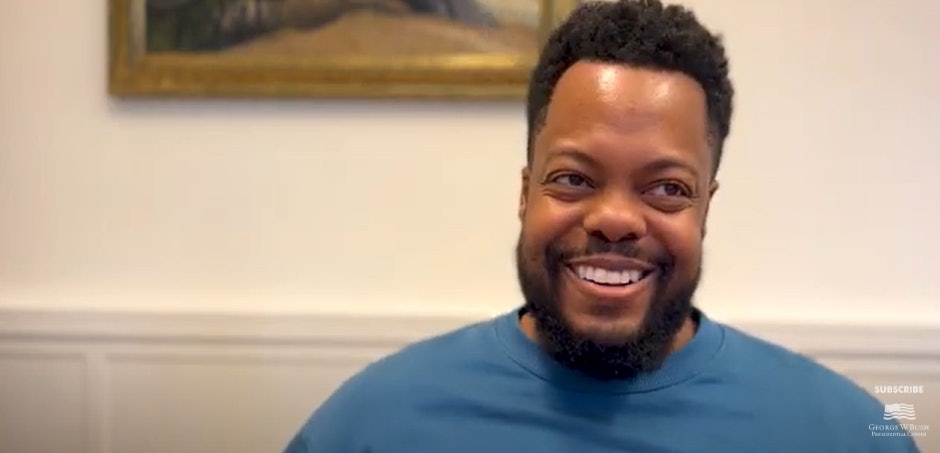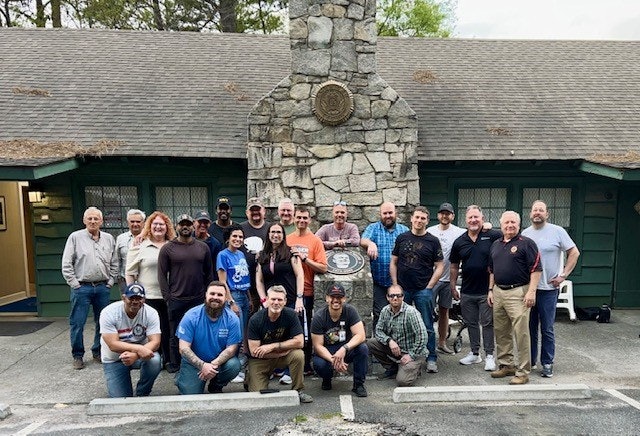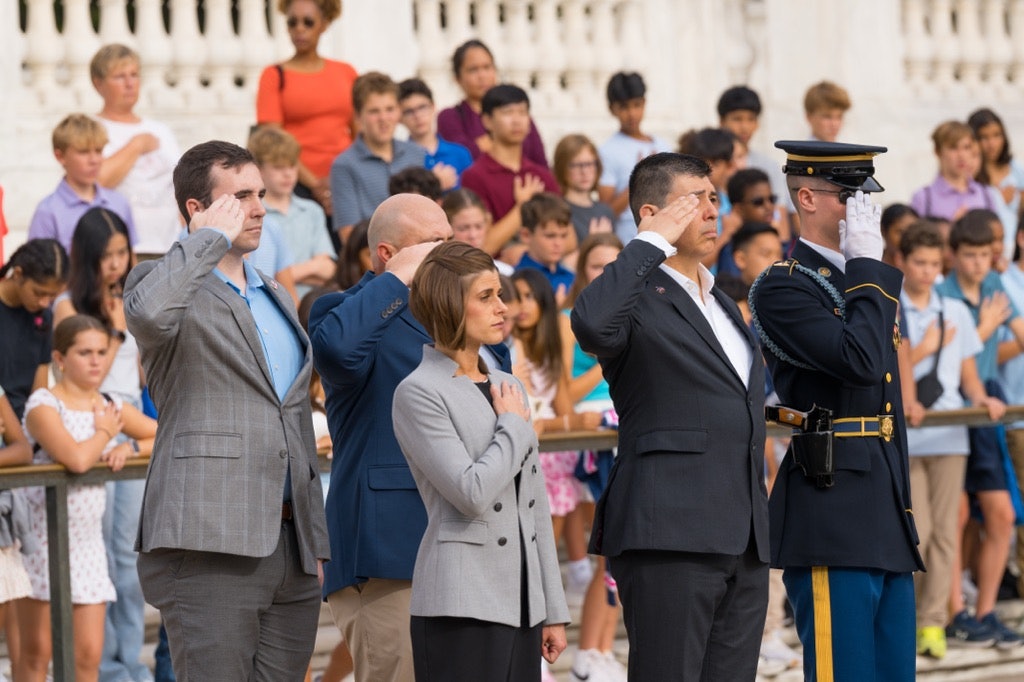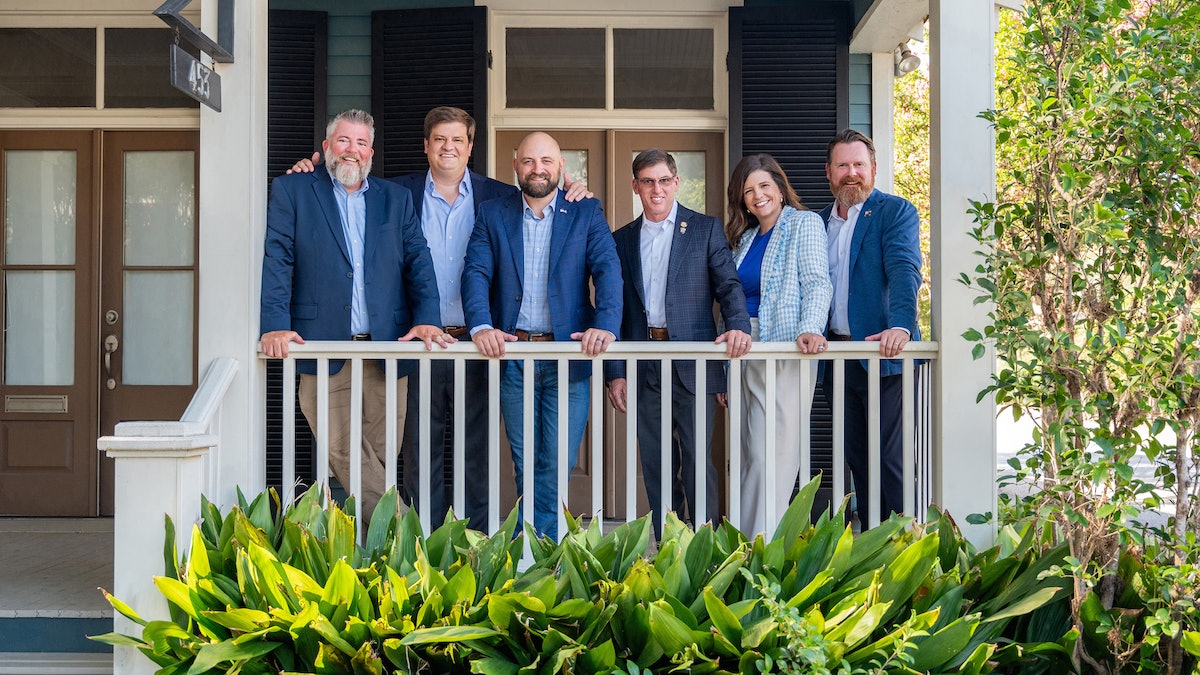In honor of POW/MIA Recognition Day, Stand-To Veteran Leadership Program Scholar Derek Abbey writes on his work with Project Recover to bring home Americans missing in action.
This Friday, September 18th is National POW/MIA Recognition Day. Every year on this day of remembrance, I reflect on how my thoughts about Americans missing in action (MIA) have changed over the years. As a young Marine, I attended several ceremonies where those that were still missing were acknowledged. During these events, I would say a silent prayer for those still missing and visions from 80’s movies about Vietnam would go through my head. In all honesty, that was all I thought I had the ability to do.
Today, I know a lot more about those who are still missing and those who have been repatriated. I know there are close to 82,000 Americans still MIA. Of those, 72,000 of them are from World War II, 7,000 from Korea, and close to 1,600 from Vietnam. These numbers are staggering, but I also know one person can have an impact on locating and returning lost service members.
For the last 16 years, I have been a member of Project Recover. Project Recover started as a grassroots organization that conducted annual missions to the nation of Palau searching the waters and jungles for missing Americans. Through lots of research, hard work, resilience, and some luck we successfully located service members who were missing for decades. To find these MIAs, we typically search for aircraft crash sites. However, we also search for prisoners of war (POW) who were executed and buried in mass graves.
Since its grassroots beginning, Project Recover has grown significantly. Today, we conduct multiple missions per year all over the world. We utilize some of the newest and most advanced technologies with our partners at the Scripps Institution of Oceanography and University of Delaware. We continue to have success locating MIAs and providing answers to long-standing questions held by Gold Star families when their loved one is returned home. To date, we have located and documented sites associated with more than 170 missing Americans. Fourteen of those MIAs have been repatriated or accounted for, 70 have been designated Lost at Sea, and 87 are active cases.
When someone joins the U.S. Military, our nation makes a promise to them: if they fall in service, we will do all we can to return them to their family. For close to 82,000, the circumstances of war prevented their return, but the promise still remains. Despite the decades drifting by and the passing of those who knew them intimately, the families, the communities, and the country still care. All of the Gold Star families we have worked with hold hope that their loved one somehow survived. They maintain shrines to their lost hero in their homes and generations grow up learning about these mythical figures.
When their loved one is returned after being missing for years they are appropriately memorialized, but it is far more than that. Communities and families come together to celebrate their return. Schools let out and citizens line the streets to welcome them home. Healing occurs for individuals, families, communities, and our nation. A promise made by our nation is fulfilled.
When these service members made the ultimate sacrifice, the effect of their sacrifice was apparent. We enjoy the freedoms of our nation because of their loss. During these challenging times, their return decades later provides a continued impact through the healing and uniting of communities.
In 2019, I was honored to be selected to be a part of the George W. Bush Institute’s Stand-To Veteran Leadership Program. President Bush stated that, “by supporting and enabling our nation’s warriors in their new missions as civilians, we unleash the potential of a generation of resourceful, determined, and experienced leaders – for the good of our vets, and our country.” The program works with post-9/11 veterans and those committed to the military that are striving to have an expanding positive impact on the American landscape. This opportunity coincided with my growing role with Project Recover as the new President and CEO. I was encouraged and guided by President Bush and his staff to continue to be a community asset and drive hard toward creating a positive and uniting impact on our nation.
Over the years, my sphere of influence has grown through my service in the military and my efforts beyond the Marine Corps. The potential influence that seemed unfathomable at the POW/MIA ceremonies when I was a young Marine has turned into a profound and meaningful impact on families and communities across the nation. This would never have been accomplished without being part of incredible teams in the Marine Corps and Project Recover. However, the first step to participate and continued steps of commitment have to be made as an individual.
On this special day, remember that there are still thousands of Americans who are still MIA and our promise as a nation remains. Their return to their families and communities is even more important today. To me National POW/MIA Recognition Day is more than remembrance, it is a call to action. It is a call to do what we can to keep America’s promise. It is also a challenge to examine how we as individuals can create a positive impact in our communities and our nation. Those who remain missing and who made the ultimate sacrifice on our behalf deserve our very best efforts.
Derek Abbey was a scholar in the 2019 Stand-To Veteran Leadership Program, where he used his Personal Leadership Project to expand the impact and results of Project Recover’s efforts.













